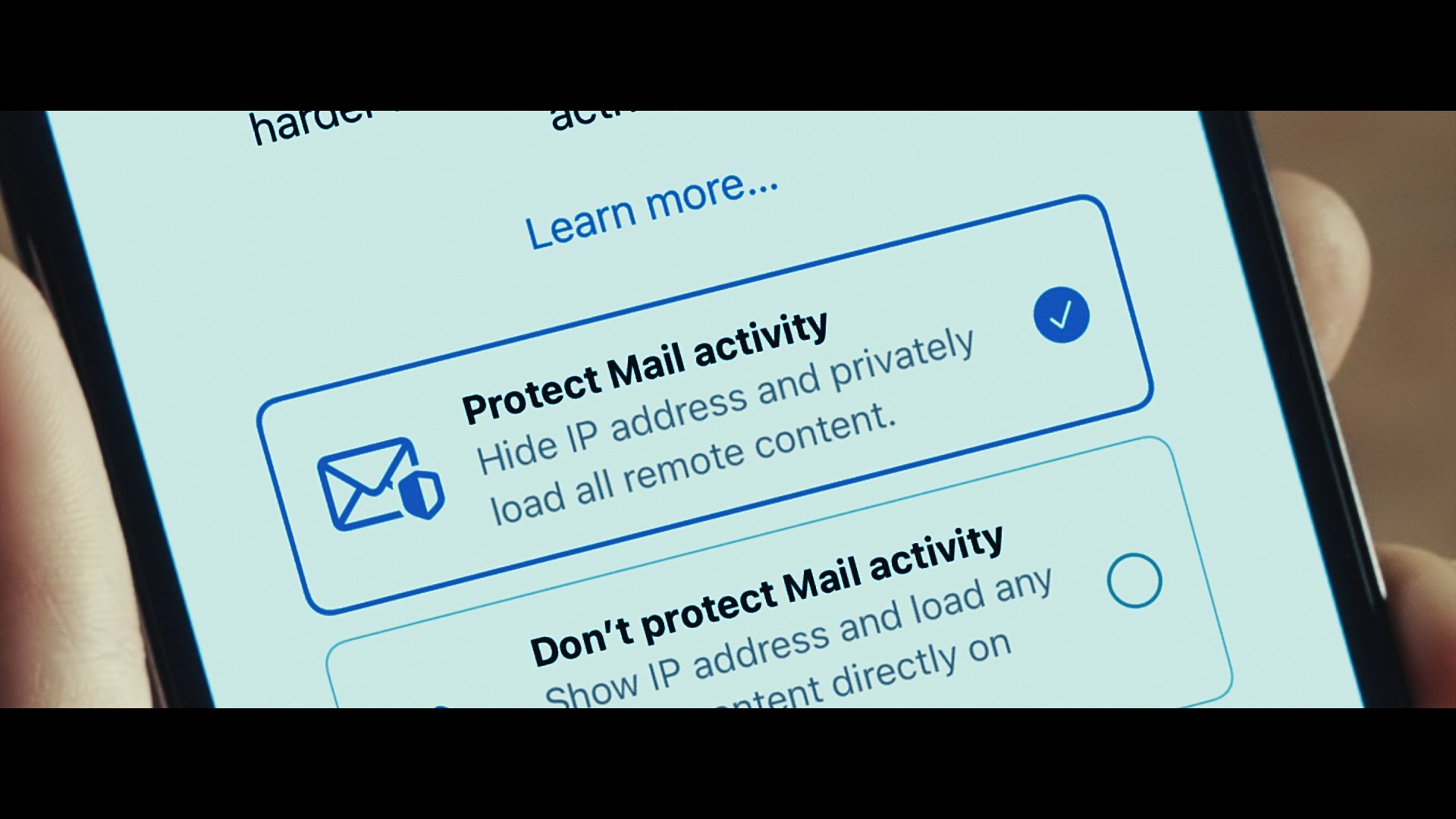© Turkuvaz Haberleşme ve Yayıncılık 2024
Data tracking is more widespread than ever.
Are you aware that your digital personal data has been sold over the last decade without any obstacles while using your smartphone, computer, laptop, tablet and smartwatch?
Over the last 10 years, a large and often nontransparent industry has been amassing increasing amounts of personal data thanks to the many services you use for free. A complex ecosystem of websites, applications, social media companies, data brokers and ad technology companies are tracking users online and offline, collecting their personal information.
Data collected by these trackers is pieced together, shared, aggregated and monetized, fueling an industry valued at $227 billion per year. This happens every day, when people go about their daily lives, often without their knowledge or permission.
So why is Apple telling the dark side of an industry where our digital data is sold?
Because Apple is trying to explain that it is different from other computer and phone brands by using the power of the platform it has.
For about two years, Apple has been taking explicit measures in this regard. At the Worldwide Developers Conference (WWDC) in June 2020, Apple announced its long-awaited privacy labels for apps distributed across its App Store.
The idea was to create an easy-to-digest format that requires all developers to self-report their privacy practices, allowing users to quickly see how a specific app handles their data before they download it.
The Meta Platforms, formerly known as Facebook, was rumored at the time to have been heard “shrieking.” Yet, the pressure left it no choice but to support the steps. Facebook and its mobile platform rival Google were forced to implement significant strategy changes.
The main thing was that the apps that collect and sell data were to be hit hard. In this way, Apple aims to make it easier to activate the settings by creating awareness first.
With iOS 15.2 and iPadOS 15.2, you can turn on App Privacy Report to see details about how often apps access your data – like your location, camera, microphone and more.
You can also see information about each app’s network activity and website network activity, as well as the web domains that all apps contact most frequently.
Together with Privacy Nutrition Labels, App Privacy Report helps give you a more complete picture of how the apps you use treat your data.
And for the web, Safari Privacy Report lets you see who has been blocked from tracking you when you visit a website. The feature also allows you to see who has been blocked from tracking you when you visit a website.
In the Safari app on Mac, enter the name or URL of the page in the Smart Search field and click the Privacy Report button on the toolbar.
In Apple’s new minute-and-a-half ad campaign that doubles down on raising consumer awareness of privacy risks, a young iPhone user named Ellie discovers a secret world of data brokers and other companies who are happily buying and selling her private data and information.
Titled "Data Auction – Your Data is Being Sold!," the ad features a hidden auction that starts with her personal emails, then progresses to her drug store purchase history and her location data. Next up are her contacts, recent transactions, browsing history and her late-night texting habits.

As the auctioneer is about to sell another piece of her data, Ellie pulls out her iPhone and uses Apple’s App Tracking Transparency and Mail Privacy Protection features to stop any more of her data from being sold and data brokers start to disappear.
The Mail Privacy Protection prevents email senders from tracking information such as when and how many times you view an email, whether you forward it, your IP address and other data.
Organizations are putting forth extreme efforts to acquire new capabilities in cybersecurity. As threats to personal data increase, human resource investments in this regard are also increasing.
In this scope, one of Turkey’s leading information and communication technologies companies, Türk Telekom, has started accepting applications for its cybersecurity camp as part of its goal to train future experts.
The third edition of the camp, which will last 10 days and consists of hands-on training, will be held between Aug. 1-10. The camp provides an educational opportunity for young people who want to improve themselves in the field of cybersecurity and have a career goal in this sector.
Applications for the camp will be accepted until May 30. Those who make it to the top three in the competition that will take place within the scope of the camp will be awarded a total of TL 60,000 ($3,755) worth of technology awards.
